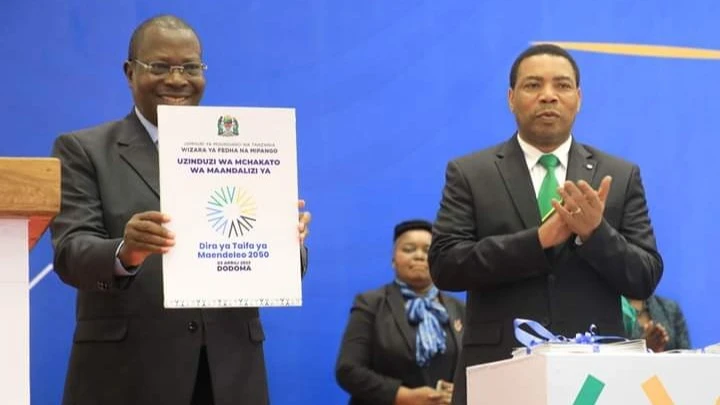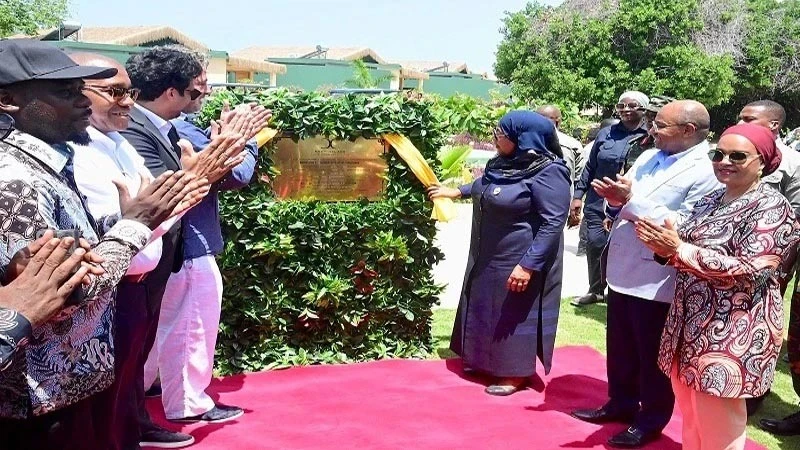Settling EAC partner states bills in shillings should be discussed

LEADING business leaders in the East African Community (EAC) zone have been coming up with much the same ideas top public officials have been asking local business leaders and experts to think about – on ways to curb the shortage of US dollars.
The East African Business Council (EABC) has floated an idea, and we still haven’t heard from local experts how far it is feasible in relation to each country’s needs, namely, using local currencies to settle intra-EAC trade bills, transactions or orders.
This mechanism is already in place in a number of countries, India for instance; China and several others have been pushing alternative payments currency.
It follows that this is not exactly a new idea, and when the EABC executive director proposed it, there was no hint in his remarks that he was suggesting something novel. Rather, he sought for policy or administrative, procedural arrangements to make this happen.
Whether decision makers will have the same view is a different matter, as much depends on how badly they need foreign exchange and how difficult it is indeed for nearby countries to obtain it.
There are trade scuffles between EAC states or neighbours where currency wasn’t at issue but, rather, the need to protect one’s markets against large imports.
EABC strategists suggest that settling intra-EAC trade payments in local currencies helps to mitigate the depreciation of the shilling against the dollar, this partly on the premise that needing the US currency merely for paying someone in the neighbourhood rather than importing from afar is unnecessary.
When this is done merely for fashion’s sake, as a traditional way of settling bills, it makes the demand for dollars excessive and not in line with the need to import goods from far-away markets.
Yet it all depends on the currency needs of the seller, as finally it is companies and individuals – not state institutions – that conduct trade.
With the litany of apps available online each passing day, central banks in the region could advisedly set up a swapping platform where exports would be able to use the facility.
If this heightens ability to sell outside, or importers use it to obtain goods by privileging a seller accepting local currency payment, it works.
How far this may lead to healthy competition between regional exporters to accept payment in shillings and sell more, or demand US dollars and sell less, is knotty.
In a sense, this facility will also depend on how far traders themselves need the foreign currency they obtain, as there is plenty of foreign exchange in the parallel market.
There was a time President Samia Suluhu Hassan expressed concern that tourism numbers were rising fast but with the government not seeing the flow of hard currency in commercial banks or – all the more worryingly – the central bank.
Parallel market networks ensure that during trading days, one knows where to get the best dollar price with the least inconvenience possible.
Then there is also the problem of variations of sentiments across the regional bloc – for instance, as to who will gain more when trade is conducted in local currencies.
This would be largely because the levels of demand for the currencies would not be similar. It would imply that traders accept being paid in their own national currency through a deposit conversion mechanism paying in the relevant currency, rather than having a trader decide what currency to be paid in.
Were it that way, one or two currencies would likely emerge as preferred a debt settling medium, replicating that same dollar availability challenge.
Top Headlines
© 2025 IPPMEDIA.COM. ALL RIGHTS RESERVED

















